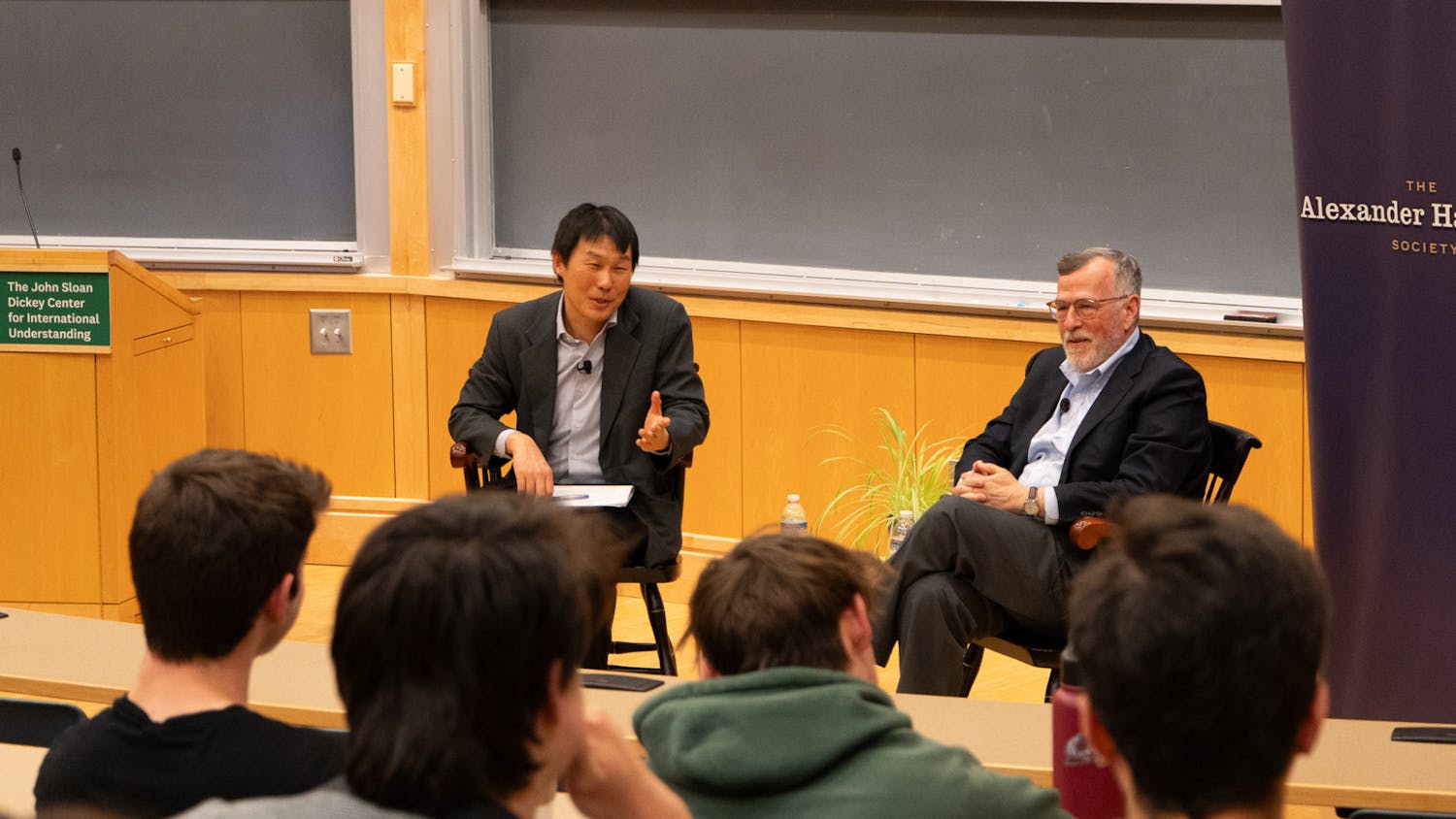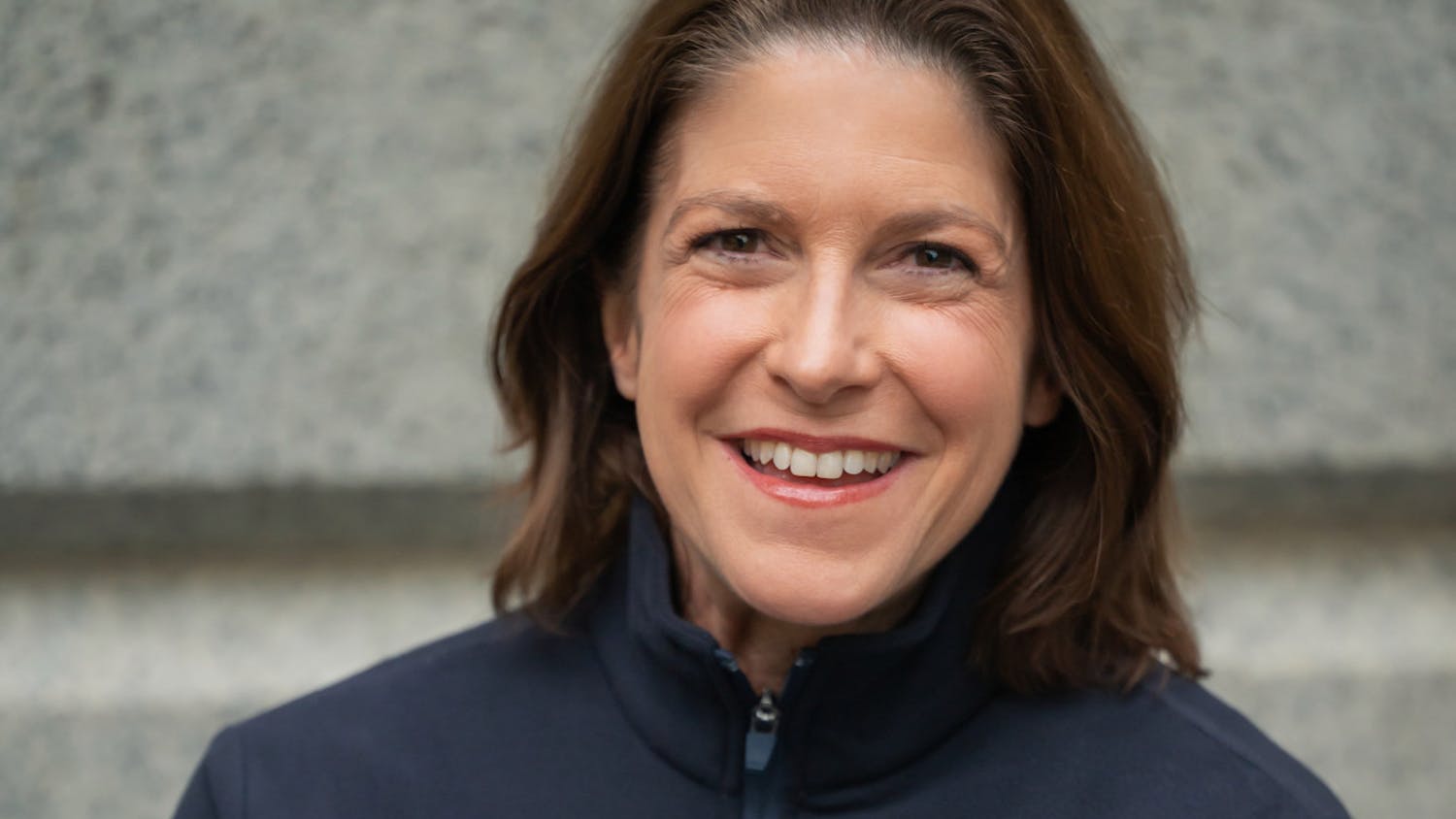A pretrial conference is set to be held on Feb. 19 to establish a schedule of events as proceedings continue in the $70 million sexual misconduct lawsuit against the College. Dartmouth will continue to “defend itself as an institution” according to a College press release addressing its answer to the allegations. The statement added that the College will not defend the actions of the three former faculty members in the psychological and brain sciences department named in the suit — Todd Heatherton, William Kelley and Paul Whalen.
The College’s 85-page response to the suit was filed on Jan. 15. The class action, brought by seven former and current Dartmouth students, alleges that the College allowed three professors in the psychology and brain sciences department to sexually harass and abuse female students for more than 16 years.
The next official step in the court proceedings is a pretrial conference that would occur Feb. 19, according to Charles Douglas, a Concord, New Hampshire attorney serving as the local counsel, or the attorney located in the state the case is filed in. Douglas added that if the parties can agree on a schedule of events in the case going forward, the conference may not be necessary.
“If they can agree, there may not need to be a conference,” he said. “But otherwise, the court wants to see the lawyers and just get an update on how long it looks like we’re going to need for discovery of facts and documents prior to getting it ready for trial.”
Shortly after the schedule is established, the discovery period will begin, which often lasts around a year in class action, according to Deborah Marcuse, co-lead counsel for the seven plaintiffs. Marcuse added that the plaintiffs will also have the right to amend the complaint, possibly by adding new claims or new parties in the class.
New claims could include those that fall under the jurisdiction if Title VII, which is the federal statute proscribing discrimination in employment, according to Marcuse.
“Arguments have been made and accepted by a variety of entities regarding graduate students’ status as employees,” Marcuse said. “Obviously there are times when graduate students are employees in a way that everyone would recognize where they’re paid to do a job, but generally speaking, there are also broader arguments to be made about graduate students as employees during the primary part of [their] graduate education because of the work that they are doing.”
During the discovery process, lawyers will exchange information they have acquired, including interrogatory responses — which are written responses to questions — and depositions, or testimonies taken under oath.
Marcuse added that the discovery process may also include questions of whether the class — currently defined as current or former graduate or undergraduate students in PBS — should be certified. Certification means the court believes there are enough similarities among the plaintiffs to maintain one larger lawsuit. Class discovery could be done at the same time as the rest of the discovery process, or the two could be split, Marcuse said.
“At some point, assuming that plaintiffs continue to wish to proceed as a class action, which I do assume at this point, we would be seeking certification of one or more classes,” she said.
The judge overseeing the case will be Landya B. McCafferty of the United States District Court for the District of New Hampshire. Appointed in 2013 by Barack Obama, McCafferty is the first to woman to serve as a district judge of the U.S. District Court for the District of New Hampshire. The case was reassigned to McCafferty after the original judge, Judge Joseph A. DiClerico Jr., recused himself on Nov. 27, 2018.
The case may be settled if parties can come to an agreement without going to trial. If the case is not settled or resolved through other means, it may go to trial, though that could be months or years from now, according to both Douglas and Marcuse.
In its 85-page Jan. 15 court filing, Dartmouth maintained that its administration was not aware of the misconduct until affected students filed reports in April 2017, at which time the school “move expeditiously to investigate” the claims.
Among the steps taken was a “rigorous and objective review consisting of separate investigations of each of the former faculty members, led by an experienced external investigator who interviewed more than 50 witnesses and reviewed extensive documentation,” according to the Tuesday press release.
Based on the results of this review, the College took the “unprecedented” action of seeking to revoke the tenure and employment of all three professors, the filing states. Before this could happen, two of the involved professors resigned and the other retired, according to the statement.
The filing also said that Dartmouth was aware of “isolated” sexual harassment incidents dating back to 2002, but that the incidents were handled properly.
Eileen (Eily) Brady is a '21 from Chicago who studies government and romance languages. Eily loves travel, politics, iced tea and her dogs, Mac and Charlie. She is thrilled to be reporting the news for The Dartmouth.



